We talked to Gabriella Citroni, senior legal advisor for TRIAL: Track Impunity Always, about the challenges of prosecuting international crimes.
One of PROOF’s partners, TRIAL is a nonsectarian organization established in 2002 to bring justice and redress to victims of gross human rights abuses.
PMSJ: What is TRIAL, and what does your organization do?
GC: TRIAL is a Geneva-based organization that has consultative status with the UN Economic and Social Council (ECOSOC). We work to ensure the prosecution of perpetrators, accomplices, and instigators of genocide, torture, and other crimes against humanity. We also proactively inform victims of their rights, educate the public on human rights and criminal law, and conduct lobbying and research.
TRIAL‘s special programs include our Advocacy Centre, which provides legal services to victims, and our “Fight against Impunity in Switzerland” program, which enables us to file complaints in Swiss courts against suspects on Swiss territory.
We are working in Algeria, Bosnia and Herzegovina, Burundi, Kenya, Libya, Mexico, Nepal, Tunisia, and Russia.
PMSJ: How does TRIAL’s mission relate to that of PROOF?
GC: I see TRIAL’s and PROOF’s missions as intertwined and mutually reinforcing. We are striving toward the same goals using different, but complementary, means.
TRIAL uses legal tools and litigation in the attempt to bring justice and redress to victims of gross human rights abuses. As this is highly technical work, it may be perceived as “aseptic” and cold.
PROOF gives a face to the same people we represent before tribunals, the UN, and other international organs. PROOF’s powerful images and visual storytelling contribute to justice, genocide prevention, and peacebuilding.
Giving a visual dimension to the combat for truth and justice of victims conveys a compelling message. On the one hand, it preserves historical memory and restores the dignity of those affected. On the other, it plays a crucial role in preventing similar abuses in the future.
PMSJ: What are the biggest challenges your organization faces?
Our biggest challenge is sensing the limitation of what we can do vis-à-vis the needs and expectations of victims and their families. No matter how much we work, it seems to be too little compared with what is needed.
Moreover, resorting to courts and international human rights mechanisms can be an extremely long process. This is a source of frustration: for a person who suffered grave abuses 20 years ago, and in the subsequent years was not granted justice or redress, having to wait for a decision from a court for over five years can be exasperating, and many persons could be tempted to give up.
For those working on a case, it can be also very frustrating to have to wait years because the international bodies have a huge backlog and cannot work more speedily.
PMSJ: How can concerned citizens help promote human rights and stop human rights abuses?
GC: In too many places, perpetrators of human rights abuses act with the knowledge that they will face no consequences for their crimes.
This is fostered by the fact that they do not feel the weight of external pressure. Perpetrators are heartened by knowing that the rest of the world is turning a blind-eye, and they can walk around shameless.
So I believe that the first significant step is awareness. Being well-aware of what is going on in our own countries, as well as in the rest of the world, and developing a sound consciousness accompanied by critical thinking are pivotal in the struggle against impunity, ignorance, and indifference.
I am persuaded that human rights education starting at an early age is crucial. Every concerned person can educate themselves and others.

